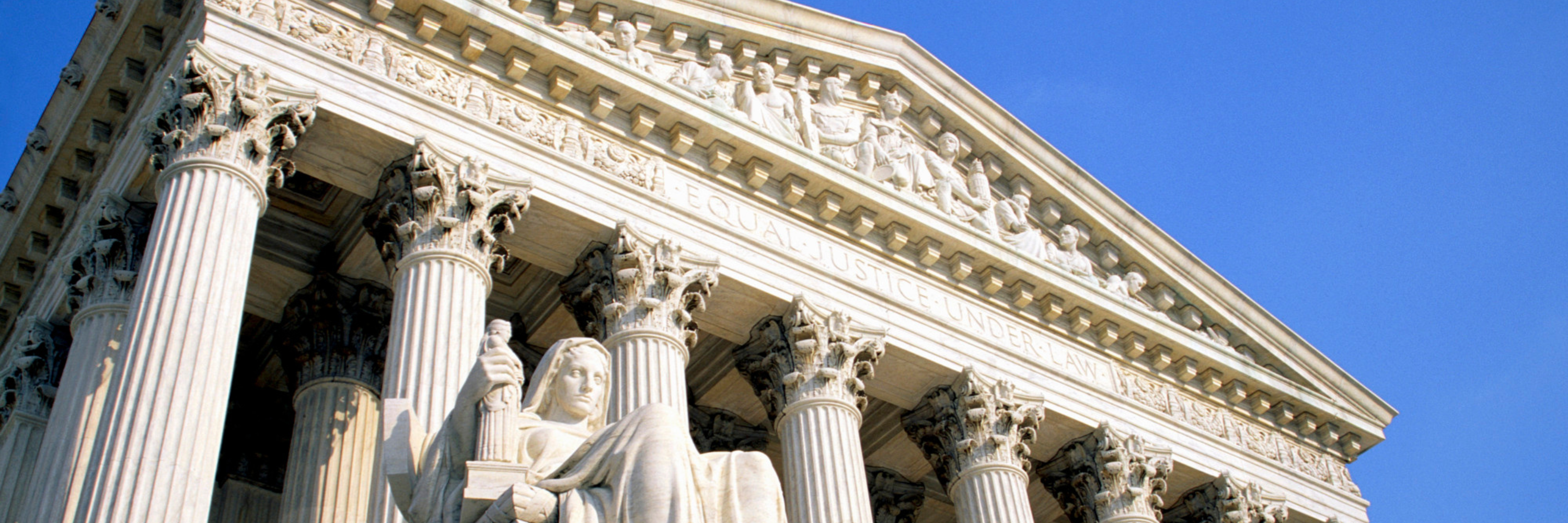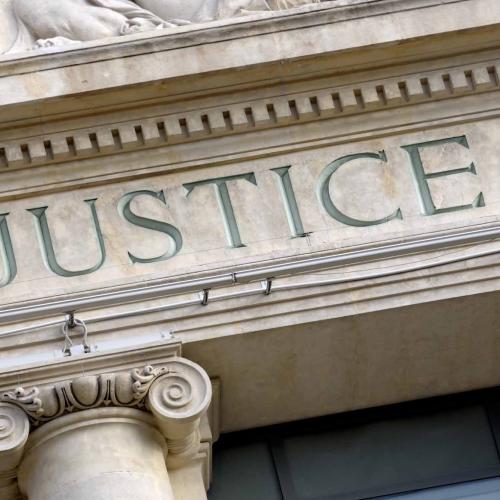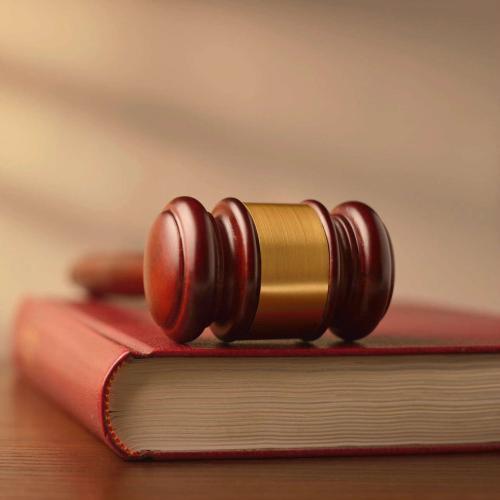In the realm of criminal law, the fair administration of justice is a cornerstone principle that underpins the legal system. One of the essential aspects of this principle is the obligation of the prosecution to disclose evidence that may be favorable to the defense. This obligation stems from the landmark U.S. Supreme Court decision in Brady v. Maryland, 373 U.S. 83 (1963), which established what is now commonly known as the "Brady Rule." When prosecutors fail to meet this obligation, the resulting legal consequences are known as "Brady remedies." These remedies are judicial actions taken to address the violation of the defendant's constitutional rights due to the suppression of exculpatory evidence.
Brady Rule: An Overview
The Brady Rule requires the prosecution to disclose to the defense any evidence that is material and favorable to the accused. This includes evidence that may exonerate the defendant, reduce the defendant’s potential sentence, or otherwise affect the outcome of the trial. The rationale behind this rule is to ensure a fair trial, as guaranteed by the Due Process Clause of the Fourteenth Amendment. The prosecution's failure to disclose such evidence, whether intentional or inadvertent, constitutes a Brady violation.
Materiality of Evidence
For evidence to be considered under the Brady Rule, it must be "material." Evidence is deemed material if there is a reasonable probability that, had the evidence been disclosed to the defense, the result of the proceeding would have been different. The Supreme Court has clarified that "reasonable probability" does not mean that the defendant would more likely than not have received a different verdict but rather that the likelihood of a different outcome is sufficient to undermine confidence in the verdict.
Pre-Trial Brady Remedies
When a Brady violation is identified before a trial, the court has several options for addressing the violation. These pre-trial Brady remedies are designed to rectify the situation before the trial proceeds, thereby protecting the defendant's right to a fair trial.
Dismissal of Charges with Prejudice
In some cases, the court may dismiss the charges against the defendant "with prejudice." This means that the charges cannot be refiled, and the prosecution is permanently barred from pursuing the case against the defendant. Dismissal with prejudice is typically reserved for the most egregious Brady violations, where the prosecution's conduct has severely compromised the defendant's right to a fair trial and where a fair trial is no longer possible due to the violation.
This remedy serves as a powerful deterrent against prosecutorial misconduct, as it not only exonerates the defendant but also underscores the seriousness of the prosecution's failure to disclose exculpatory evidence. The court's decision to dismiss with prejudice is often seen as a condemnation of the prosecution's actions and a safeguard against the erosion of the defendant's constitutional rights.
Dismissal of Charges without Prejudice
Alternatively, the court may dismiss the charges "without prejudice," allowing the prosecution to refile the charges at a later date. This remedy is typically employed when the Brady violation, while significant, does not completely undermine the possibility of a fair trial. By dismissing the charges without prejudice, the court gives the prosecution the opportunity to correct its mistakes and proceed with the case in a manner that respects the defendant's rights.
Dismissal without prejudice serves as a more measured response to a Brady violation, balancing the need to protect the defendant's rights with the interests of justice in allowing the prosecution to pursue a case that may have merit, provided that it is conducted fairly.
Post-Conviction Brady Remedies
When a Brady violation is discovered after a conviction has been secured, the legal system must address the potential miscarriage of justice that has occurred. Post-conviction Brady remedies aim to correct these injustices, which can range from ordering a new trial to completely overturning a conviction.
New Trial
One of the primary post-conviction remedies for a Brady violation is the granting of a new trial. This remedy is appropriate when the suppressed evidence is deemed material to the outcome of the trial. The court will vacate the original conviction and order a new trial, during which the previously undisclosed evidence must be presented to the defense.
A new trial allows the defendant to present a full and fair defense, with all relevant evidence available. This remedy recognizes that the original trial was fundamentally flawed due to the Brady violation and that the interests of justice require a fresh proceeding where the defendant's rights are fully protected.
Resentencing
In some cases, the suppressed evidence may not have been directly related to the defendant's guilt or innocence but could have influenced the severity of the sentence imposed. In such situations, the appropriate remedy may be resentencing. The court will vacate the original sentence and conduct a new sentencing hearing, taking into account the previously undisclosed evidence.
Resentencing as a Brady remedy ensures that the defendant receives a sentence that accurately reflects all relevant factors, including mitigating evidence that may have been suppressed by the prosecution. This remedy underscores the importance of fairness not only in determining guilt but also in the punishment imposed.
Overturning of Convictions
In the most severe cases, where the Brady violation has so thoroughly undermined the integrity of the trial process that a fair trial was impossible, the court may overturn the conviction entirely. This remedy is the most drastic and is typically reserved for situations where the suppressed evidence fundamentally changes the understanding of the case.
When a conviction is overturned due to a Brady violation, the defendant is either released from custody or, in some cases, may be retried if the prosecution believes it can secure a conviction without relying on the suppressed evidence. Overturning a conviction serves as a stark reminder of the profound impact that prosecutorial misconduct can have on the justice system and the lives of those accused of crimes.
Mass Exonerations as a Court-Necessitated Option
While individual cases of Brady violations are troubling, there are instances where systemic misconduct leads to "mass exonerations." These occur when a significant number of cases are tainted by similar Brady violations, often within the same jurisdiction or involving the same prosecutorial office. Mass exonerations are a judicial response to widespread misconduct that has affected numerous defendants, necessitating a broad remedy to restore justice.
Systemic Brady Violations
Systemic Brady violations can arise from a culture of misconduct within a prosecutor's office, where the withholding of exculpatory evidence becomes a common practice rather than an isolated incident. In such situations, the integrity of the entire legal process is called into question, as the rights of numerous defendants may have been violated.
Mass exonerations typically occur after extensive investigations reveal the scope of the misconduct. These investigations may be prompted by whistleblowers, media reports, or judicial inquiries. Once the extent of the Brady violations is uncovered, courts may take sweeping actions to address the injustice.
Judicial Response to Mass Exonerations
The judicial response to mass exonerations involves reviewing and vacating the convictions of all affected defendants. This process often requires coordinated efforts among courts, defense attorneys, and prosecutors. In some cases, special prosecutors or independent commissions may be appointed to oversee the review and ensure that justice is served.
Mass exonerations are a rare but necessary remedy in the face of systemic violations of defendants' rights. They serve as a powerful reminder of the importance of prosecutorial integrity and the need for vigilance in safeguarding the fair administration of justice.
Brady remedies are essential tools in the judicial system's effort to protect the constitutional rights of defendants and ensure the fair administration of justice. Whether through pre-trial remedies such as dismissal of charges or post-conviction remedies such as new trials and resentencing, courts play a crucial role in addressing the profound impact of Brady violations.
The ultimate goal of these remedies is not only to correct individual injustices but also to uphold the integrity of the legal system as a whole. In the most severe cases, where systemic misconduct has led to widespread violations of defendants' rights, mass exonerations may be necessary to restore confidence in the justice system and ensure that the principles of fairness and due process are upheld for all.




